Vision
To develop a knowledge hub for Computer Science Engineers and Technocrats in application of their competence for the betterment of the Individual, Industry and Society.
Mission
- To nurture the students to be industry ready by providing a strong conceptual foundation and by enhancing their employability and entrepreneurial skills.
- To provide holistic growth by conducting relevant enrichment programs, which includes curricular, co-curricular, extra-curricular and extension activities.
- To inculcate innovation and creativity through practically viable Internships and Project works.
- To create a research oriented mindset and focus in fulfilling growing demands of the society through mentoring and lifelong learning.
Programme Outcomes (POs) & Programme Specific Outcomes(PSOs)
PEO1: Graduates will be engineering practitioners and leaders who will contribute to the solution of industry’s technological problems.
PEO2: Graduates will be engineering professionals, innovators, or entrepreneurs working in industry on technology development, deployment, or engineering system implementation.
PEO3: Graduates will perform their jobs with social awareness and responsibility.
PEO4: Graduates will interact with their peers in other disciplines in industry and society, contributing to the country’s economic growth.
PROGRAMME SPECIFIC OUTCOMES (PSO)
PSO 1: Apply database design principles and techniques to improve decisionsupport systems for business analytics.
PSO 2: Design and apply appropriate data analytics models for data profiling and to enrich software standards.
Program Outcomes
Program Outcomes (PO)
PO1: Apply knowledge of mathematics, science, engineering fundamentals and an engineering specialization to the conceptualization of engineering models.
PO2: Identify, formulate, research literature and solve complex engineering problems reaching substantiated conclusions using first principles of mathematics and engineering sciences.
PO3: Design solutions for complex engineering problems and design systems, components or processes that meet specified needs with appropriate consideration for public health and safety, cultural, societal, and environmental considerations.
PO4: Conduct investigations of complex problems including design of experiments, analysis and interpretation of data, and synthesis of information to provide valid conclusions.
PO5: Create, select and apply appropriate techniques, resources, and modern engineering tools, including prediction and modeling, to complex engineering activities, with an understanding of the limitations.
PO6: Function effectively as an individual, and as a member or leader in diverse teams and in multi-disciplinary settings.
PO7: Communicate effectively on complex engineering activities with the engineering community and with society at large, such as being able to comprehend and write effective reports and design documentation, make effective presentations, and give and receive clear instructions.
PO8: Demonstrate understanding of the societal, health, safety, legal and cultural issues and the consequent responsibilities relevant to engineering practice.
PO9: Understand and commit to professional ethics and responsibilities and norms of engineering practice.
PO10: Understand the impact of engineering solutions in a societal context and demonstrate knowledge of and need for sustainable development.
PO11: Demonstrate a knowledge and understanding of management and business practices, such as risk and change management, and understand their limitations.
PO12: Recognize the need for, and have the ability to engage in independent and life-long learning.
Curriculum & Syllabus 2021
Curriculum & Syllabus
(Minimum credits to be EARNED: 170)
| Category | Course Title | Lecture | Tutorial | Practical | Credits | CA | SEE | Total |
|---|---|---|---|---|---|---|---|---|
| BSC | Chemistry | 3 | 1 | - | 4 | 40 | 60 | 100 |
| BSC | Mathematics I (Calculus and Linear Algebra) | 3 | 1 | - | 4 | 40 | 60 | 100 |
| ESC | Programming for Problem Solving | 3 | - | - | 3 | 40 | 60 | 100 |
| BSC | Chemistry Laboratory | - | - | 4 | 2 | 40 | 60 | 100 |
| ESC | Programming for Problem Solving Laboratory | - | - | 4 | 2 | 40 | 60 | 100 |
| ESC | Workshop and Manufacturing Practices | 1 | - | 4 | 3 | 40 | 60 | 100 |
| 10 | 2 | 12 | 18 |
Curriculum & Syllabus 2022
Curriculum & Syllabus
(Minimum credits to be EARNED: 170)
| Category | Course Title | Lecture | Tutorial | Practical | Credits | CA | SEE | Total |
|---|---|---|---|---|---|---|---|---|
| BSC | Chemistry | 3 | 1 | - | 4 | 40 | 60 | 100 |
| BSC | Mathematics I (Calculus and Linear Algebra) | 3 | 1 | - | 4 | 40 | 60 | 100 |
| ESC | Programming for Problem Solving | 3 | - | - | 3 | 40 | 60 | 100 |
| BSC | Chemistry Laboratory | - | - | 4 | 2 | 40 | 60 | 100 |
| ESC | Programming for Problem Solving Laboratory | - | - | 4 | 2 | 40 | 60 | 100 |
| ESC | Workshop and Manufacturing Practices | 1 | - | 4 | 3 | 40 | 60 | 100 |
| MC | Universal Human Values | 2 | - | - | 0 | 100 | ||
| 12 | 2 | 12 | 18 |
Eligibility
| Program | Criteria for Merit | Eligibility | Criteria for Merit |
|---|---|---|---|
| B.Tech Computer Science and Engineering (Data Science) | 4 Years (8 Semesters) | "First Year: Passed 10+2 examination with Physics/ Mathematics/ Chemistry/ Computer Science/ Electronics/ Information Technology/ Biology/ Informatics Practices/ Biotechnology/ Technical Vocational subject/ Agriculture/ Engineering Graphics/ Business Studies/ Entrepreneurship as per table 8.4 Agriculture stream (for Agriculture Engineering) Obtained at least 45% marks (40% marks in case of candidates belonging to reserved category) in the above subjects taken together. OR Passed D.Voc. Stream in the same or allied sector. (The Universities will offer suitable bridge courses such as Mathematics, Physics, Engineering drawing, etc., for the students coming from diverse backgrounds to prepare Level playing field and desired learning outcomes of the programme) Lateral Entry (to Second Year) Passed Minimum THREE years / TWO years (Lateral Entry) Diploma examination with at least 45% marks (40% marks in case of candidates belonging to reserved category) in ANY branch of Engineering and Technology. OR Passed B.Sc. Degree from a recognized University as defined by UGC, with at least 45% marks (40% marks in case of candidates belonging to reserved category) and passed 10+2 examination with Mathematics as a subject. OR Passed B.Voc/3-year D.Voc. Stream in the same or allied sector. (The Universities will offer suitable bridge courses such as Mathematics, Physics, Engineering drawing, etc., for the students coming from diverse backgrounds to achieve desired learning outcomes of the programme)" | "Merit based on Vels Entrance Examination and percentage of mark secured in the qualifying examination" |
Career Prospects
CAREER PROSPECTS
- Data Scientist
- Data Engineer
- Data Analyst
- Data Journalist
- Data Visualization
- Specialist
- Database Admin
- Financial Analyst
- Business Analyst
- Product Analyst
- Functional Analyst
- Business Intelligence
- Analyst
- Marketing Analyst
- Quantitative Analyst
- Data System Developer
Fees structure
| Tuition Fee 2024 - 2025 (Per Sem) | Other Fee (Per Sem) | Total Fee 2024 - 2025 (Per Sem) |
|---|---|---|
| 58,000 | 41,000 | 99,000 |
Faculty of the Department
| S.No | NAME OF THE FACULTY | DESIGNATION | EDUCATIONAL QUALIFICATION | AREA OF SPECIALIZATION | EXPERIENCE IN YEARS | Vidwan ID | PHOTO |
|---|---|---|---|---|---|---|---|
| 1 | Dr.S.Arun | Professor & Director (IQAC) | M.E., Ph.D | Artificial intelligence, Human computer interaction, Vision System, Biosignal Processing | 18 | 258568 | 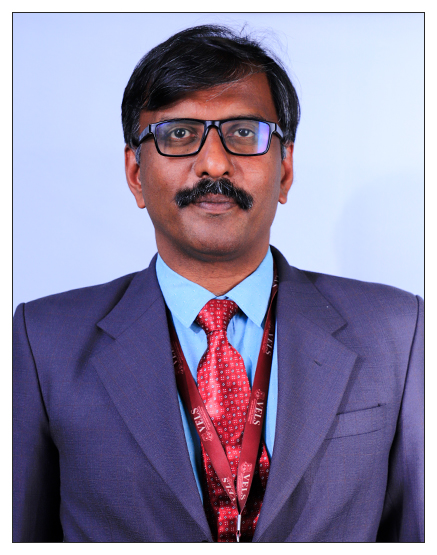 |
| 2 | Dr.K.Kalaivani | Associate Professor & Head | M.E., Ph.D | Image Processing, Data Analytics, Artificial Intelligence | 17 | 233987 | 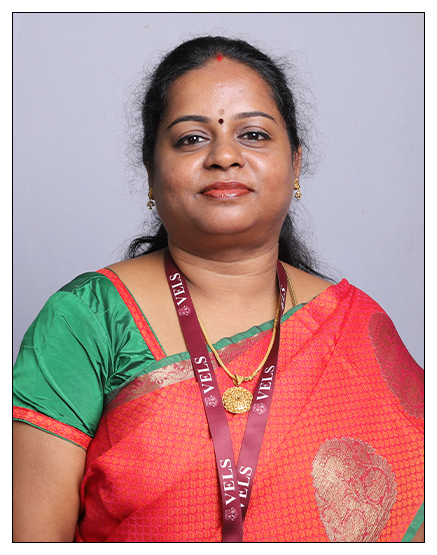 |
| 3 | Dr. R.Anandan | Professor | M.E., Ph.D | Quantum Computing, Regenerative AI, AR- VR, Metaverse , Human Computer Interaction, Edge Computing, Computer Vision, Natural Language Processing, High Performance Computing | 23 | 84899 | 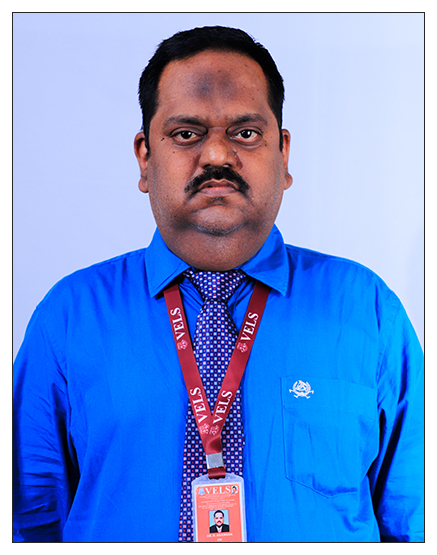 |
| 4 | Dr. N. Kumar | Professor | M.Tech., Ph.D | Computer Networks, Mobile and Wireless Ad hoc Networks, Software Defined Networks, Cloud Computing, IoT, Image Processing, AI & Machine Learning, Data Science | 18 | 232473 | 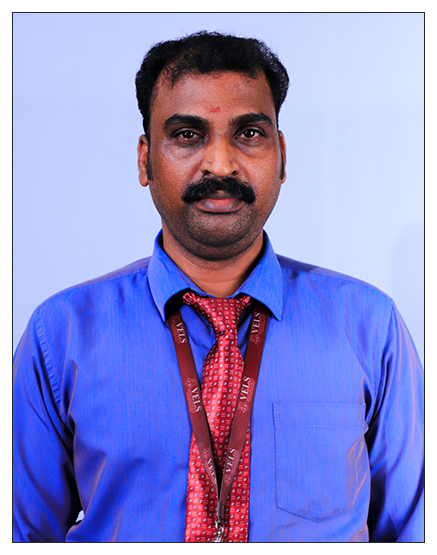 |
| 5 | Dr.A.Rajesh | Professor | M.Tech., Ph.D | Network Security | 16.8 | 232499 |  |
| 6 | Dr.A.Packialatha | Associate Professor | M.E., Ph.D | Pattern Recognition,Cloud Computing,Knowledge Engineering,Neural Networks, Big Data Analytics,Deep learning | 21 | 253610 | 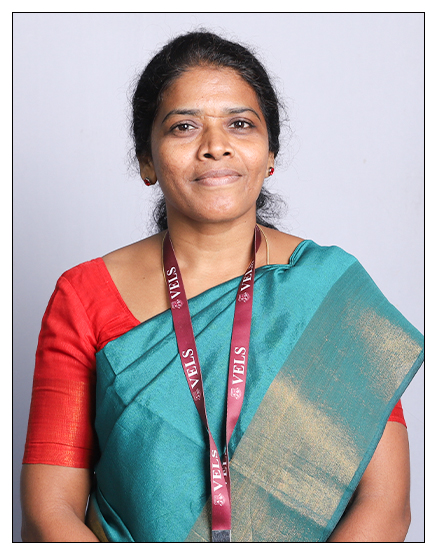 |
| 7 | Dr.S.Meera | Associate Professor | M.E., Ph.D | Big data, image processing, computer networks, cloud computing, IoT | 23 | 315114 | 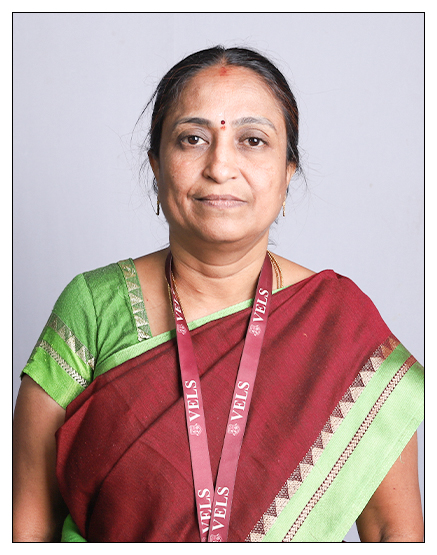 |
| 8 | Dr.K.UlagaPriya | Associate Professor | M.E., Ph.D | Machine learning, data science, software Engineering | 22 | 232452 | 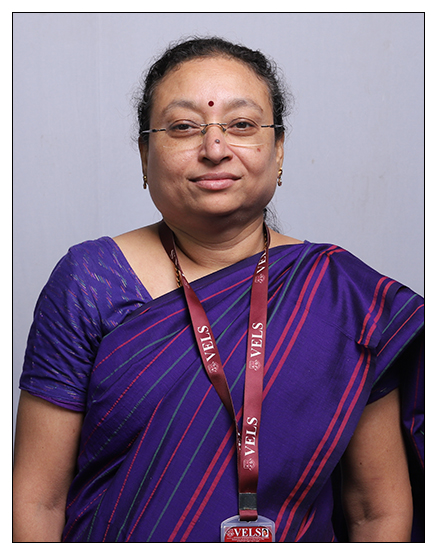 |
| 9 | Dr.S.Sridevi | Associate Professor | M.E., Ph.D | Computer Networks,Wireless Sensor Networks, Artificial Intelligence,Machine Learning, Deep Learning, Data Science, Computer Vision,Network Security,Cyber Security,IoT | 15.8 | 234016 | 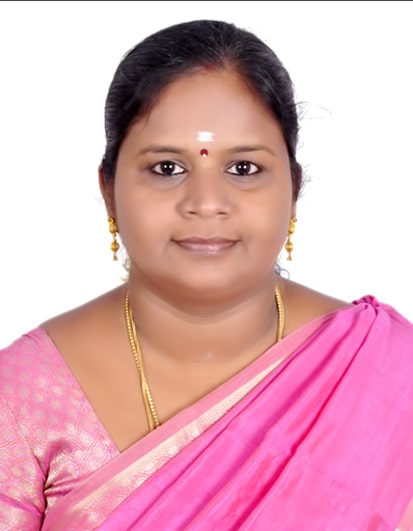 |
| 10 | Dr.A.Manikandan | Assistant Professor | M.E., Ph.D | Computer Networks, Cloud Computing, IoT, Image Processing, AI & Machine Learning, Data Science | 10.5 | 234022 |  |
| 11 | Dr.C.Swaraj Paul | Assistant Professor | M.E., Ph.D | Data Mining, Image Processing, IoT, Cloud Computing, sensors | 10 | 485613 |  |
| 12 | Dr.P.SheelaGowr | Assistant Professor | M.E., Ph.D | Image Processing, Cloud Computing, IoT, AI & Machine Learning, Data Science | 13.9 | 234045 | 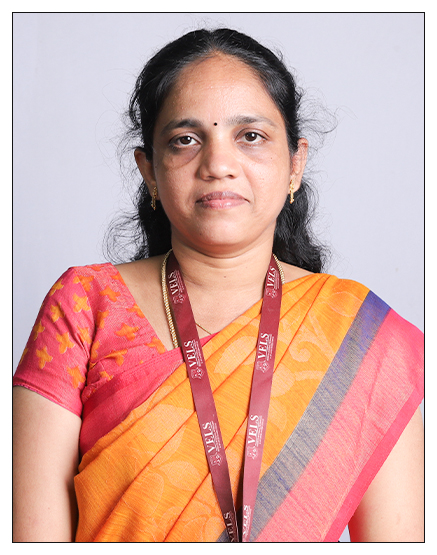 |
| 13 | Dr.Banushri.A | Assistant Professor | M.Tech., Ph.D | Cloud Computing, Blockchain Technology, Computer Networks, Network Security | 13 | 237876 | 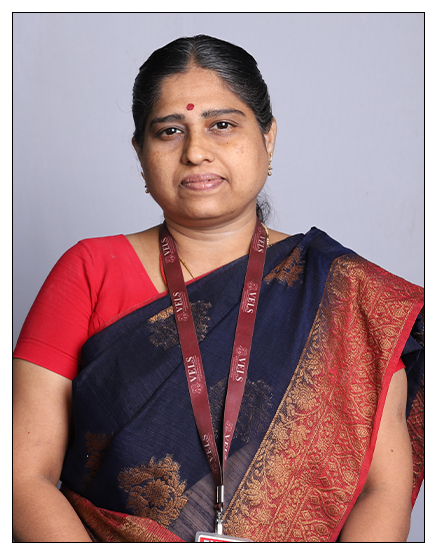 |
| 14 | Dr. S.Thirumal | Assistant Professor | M.E., Ph.D | Computer Networks, Cloud Computing, IoT, Image Processing, AI & Machine Learning, Data Science | 11.5 | 32474 | 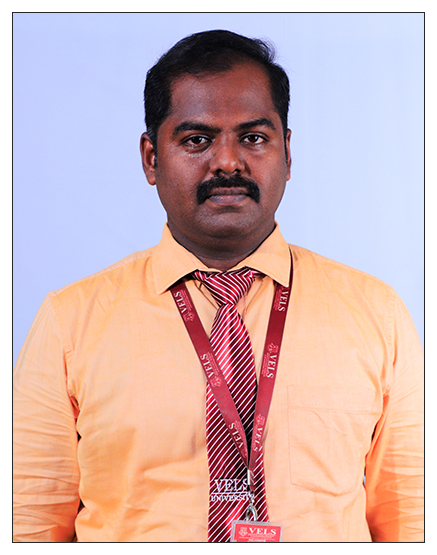 |
| 15 | Dr.P.Thilakavathy | Assistant Professor | M.E., Ph.D | Image processing, machine learning, IoT | 9 | 470493 | 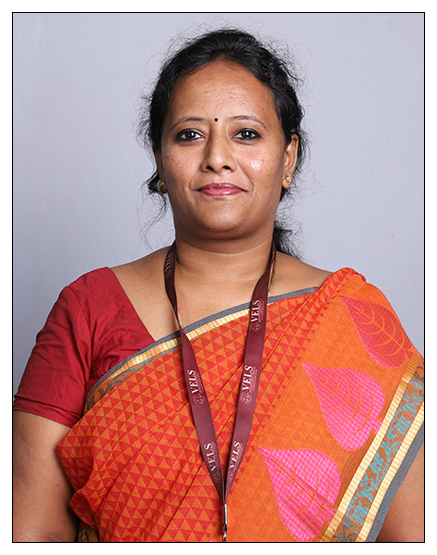 |
| 16 | Dr. G. Revathy | Assistant Professor | M.E., Ph.D. | Cybersecurity, Machine Learning, Deep learning, NLP | 5 | 475353 | 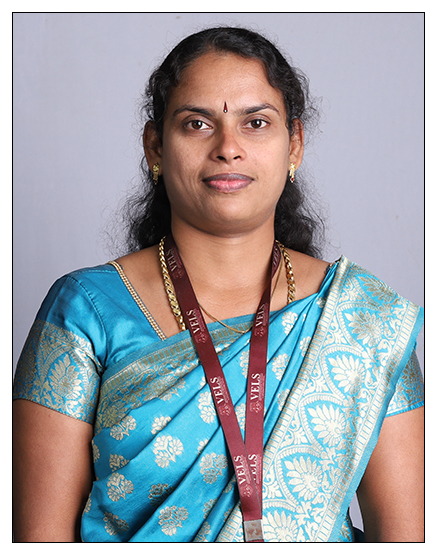 |
| 17 | Dr. A.Saritha | Assistant Professor | M.E., Ph.D. | Computer networks,cloud computing,Mobile Ad hoc networks,Machine learning | 13 | 233992 | 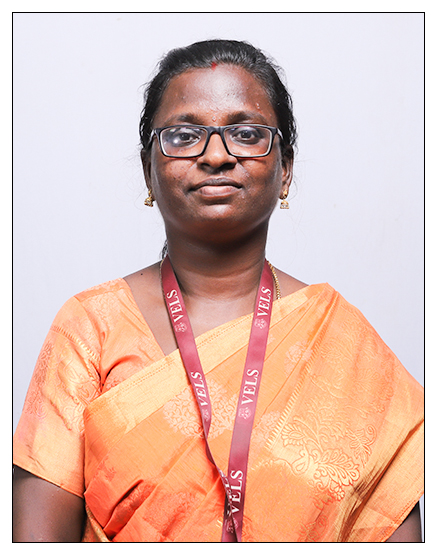 |
| 18 | Ms.Parvathavarthini.K | Assistant Professor | M.E., (Ph.D) | Image Processing, Computer Networks, Deep Learning | 9.6 | 232483 | 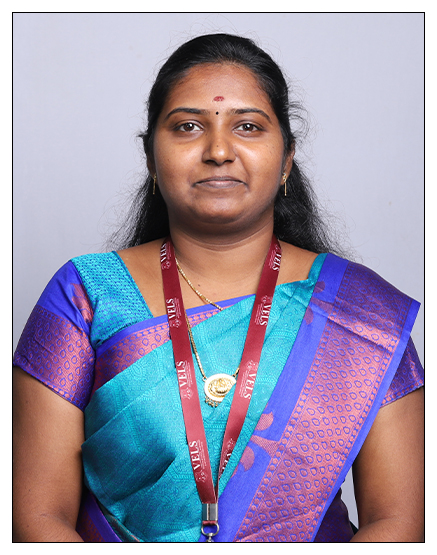 |
| 19 | Mr.C.Darwin | Assistant Professor | M.Tech | Grid Computing, Computer Networks, WSN, Cloud Computing | 9 | 495008 |  |
| 20 | Mr M.Franklin Singh | Assistant Professor | M.E. | Computer Networks, Embedded Systems, Sensors | 5 | 495002 |  |
| 21 | Mr Jegan Thomas | Assistant Professor | M.E. | Data Communication, Web Analytics, Digital Marketing | 5 | 495006 |  |
| 22 | Mr.K.Kalaiyamuthan | Assistant Professor | M.E. | Web Development | 11.7 | 487389 |  |
| 23 | Mrs.R.Deepa | Assistant Professor | M.E., (Ph.D) | Deep Learning /Machine Learning, Data Analytics | 9 | 253738 | 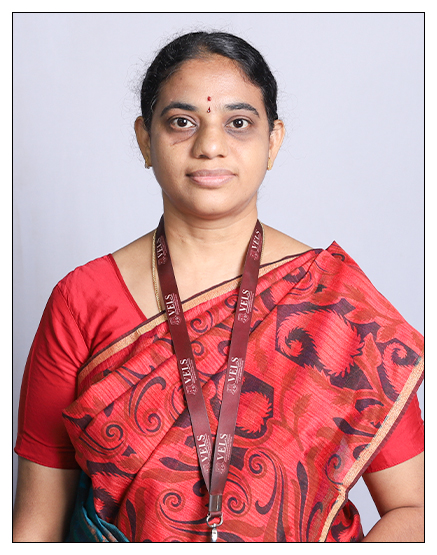 |
| 24 | Mrs.S.Vijitha | Assistant Professor | M.E., (Ph.D) | Block Chain Technology, Networks,Big Data security, Machine learning | 6 | 253591 | 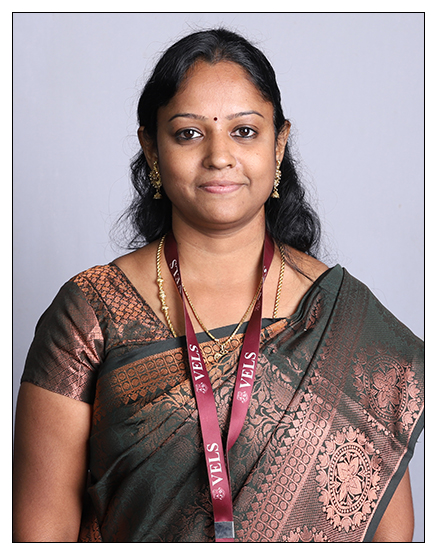 |
| 25 | Mrs.S.Sethu | Assistant Professor | M.E., (Ph.D) | Computer Networks,Network Security, Deep learning | 5 | 469629 | 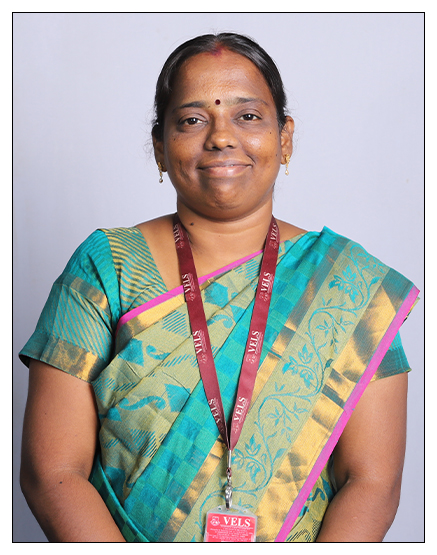 |
| 26 | Ms.Pavithra Jagadesan | Assistant Professor | M.E., (Ph.D) | Cyber security, machine learning | 3 | 475337 | 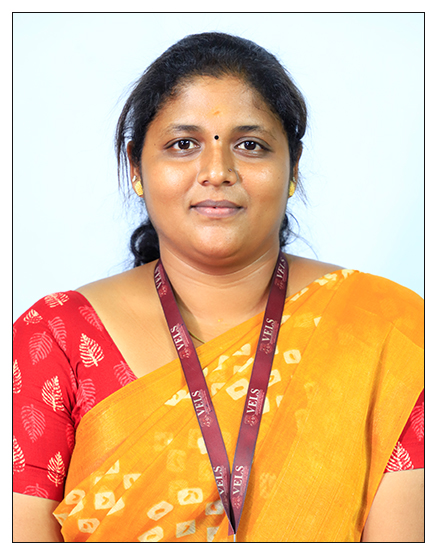 |
| 27 | Mrs. P. Mohana priya | Assistant Professor | M.E., (Ph.D) | Deep Learning, Machine learning,Image processing | 3 | 484305 | 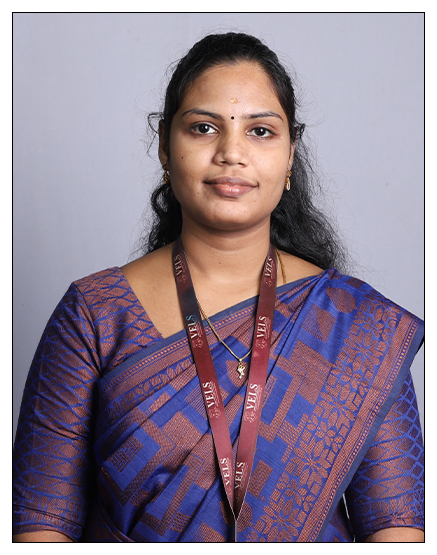 |
| 28 | Mrs.M.Subbulakshmi | Assistant Professor | M.Tech. | Image Processing, Computer Networks. | 2 | 487404 |  |
| 29 | Mrs.M.Bhanumathi | Assistant Professor | M.E., (Ph.D) | Deep Learning, Machine Learning | 17 | 315834 | 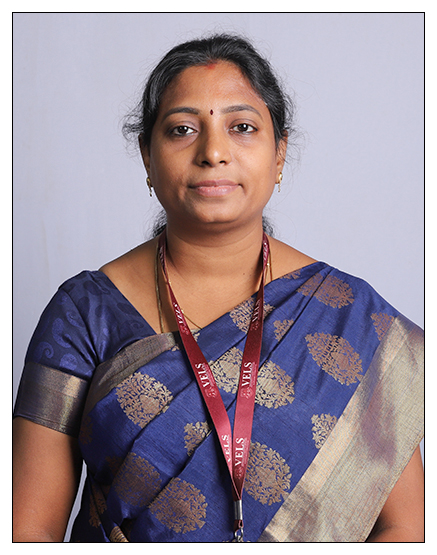 |
| 30 | Mr.N.Udayakumar | Assistant Professor | M.E., (Ph.D) | Computer Networks, Network Security, Cyber Security, Malware Anaysis | 8.6 | 468408 | 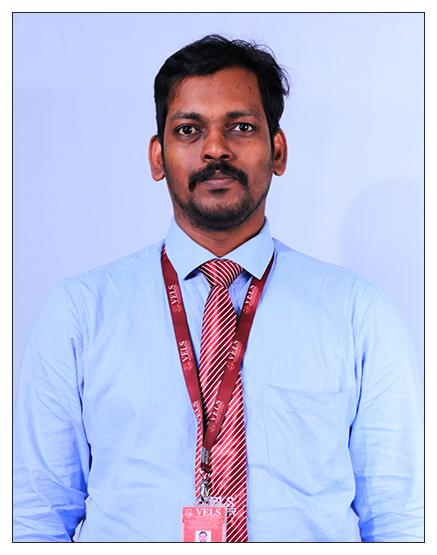 |
| 31 | Mrs.P.V.Hemavathy | Assistant Professor | M.E., (Ph.D) | Deep Learning, Medical Image Processing | 8.5 | 464234 | 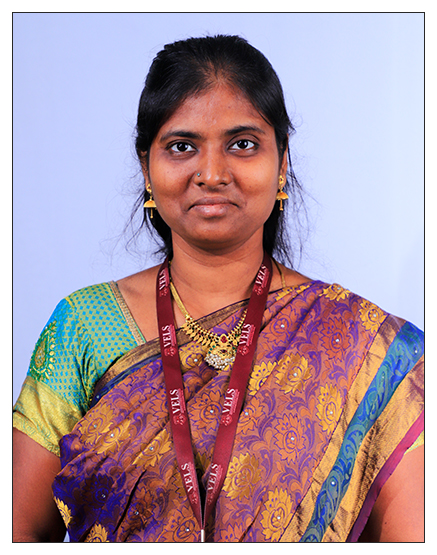 |
| 32 | Mrs.S.M.Sowmiya | Assistant Professor | M.E., (Ph.D) | Artificial Intelligence, Cloud Computing | 7.5 | 469822 | 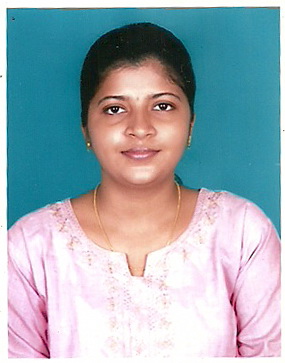 |
| 33 | Mrs.S.J.Kavitha | Assistant Professor | M.E., (Ph.D) | Cloud Computing, IoT, Deep Learning | 3.7 | 469822 | 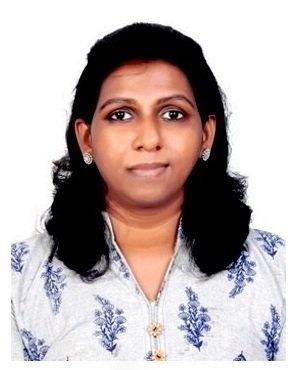 |
| 34 | Dr.S.Varshavardhini | Assistant Professor | M.E., Ph.D | Big Data, Data Mining , Machine Learning | 0.6 | 467731 | 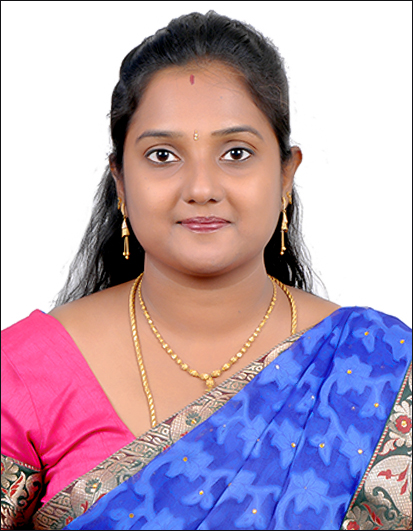 |
| 35 | Mrs.S.Saranya | Assistant Professor | M.E | Computer networks | 0.7 | 467688 | 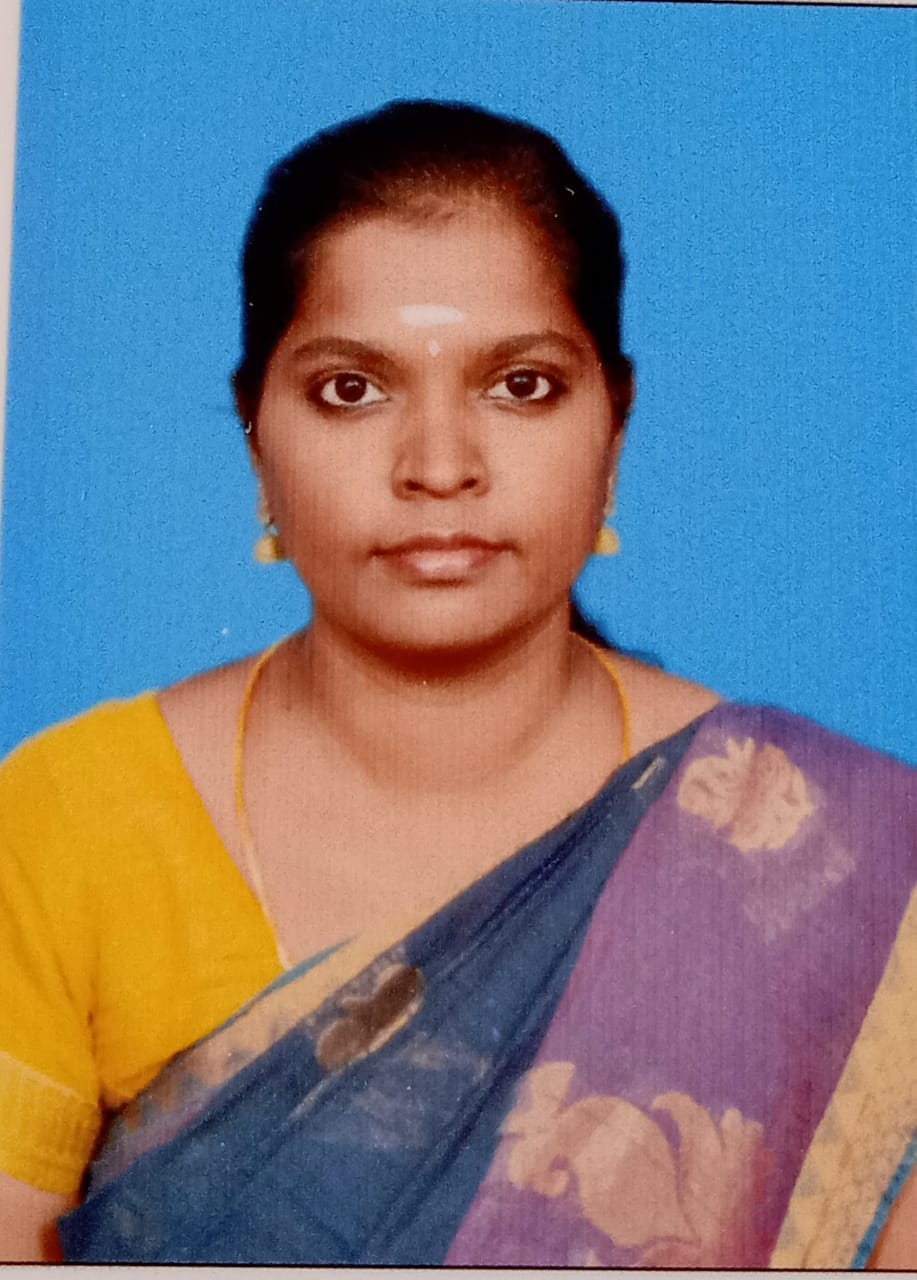 |
| 36 | Mrs.S.Divya Bairavi | Assistant Professor | M.E | Artificial intelligence and machine learning | 7 | 468931 | 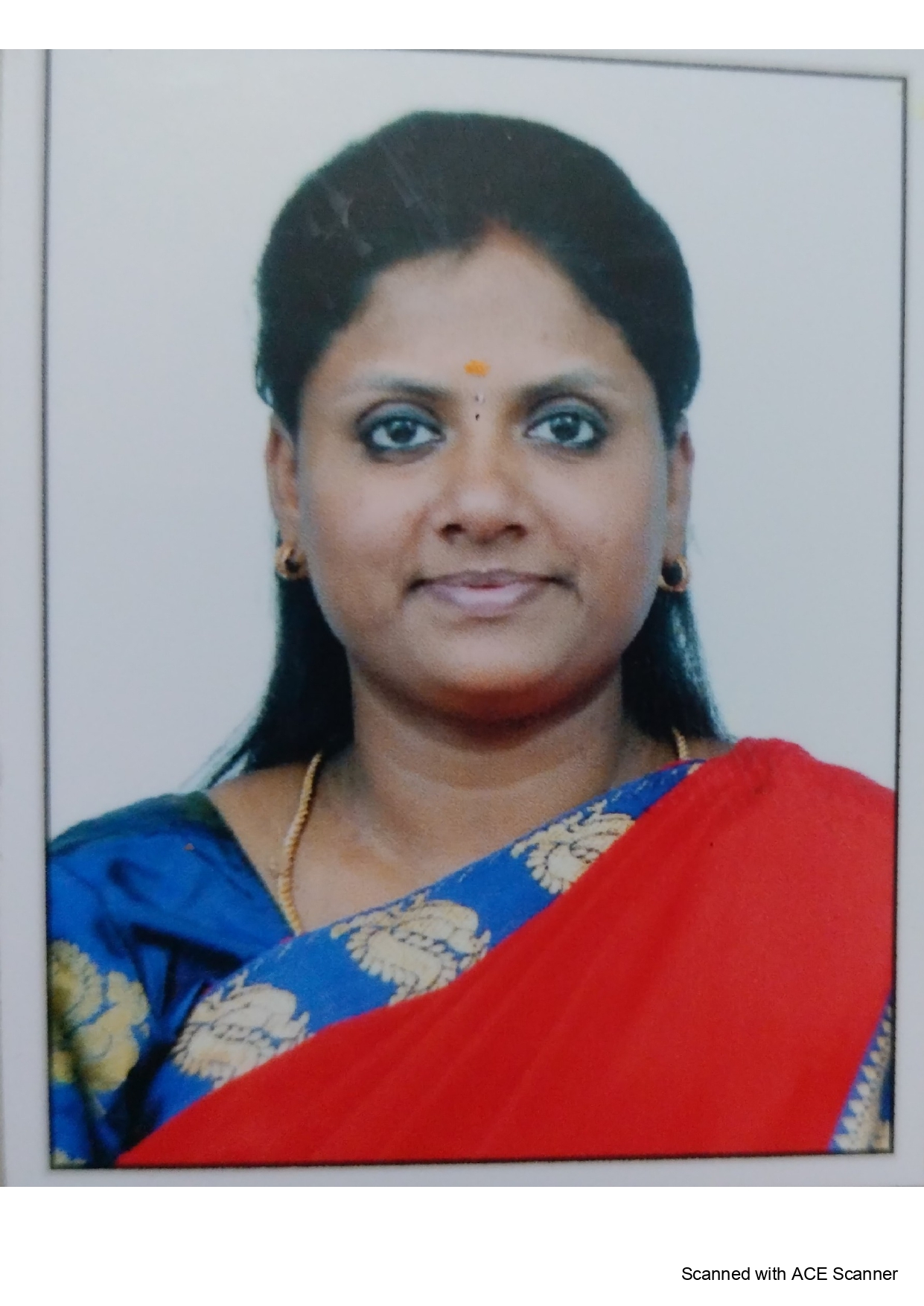 |
| 37 | Mrs.R.Kalpana | Assistant Professor | M.E., (Ph.D) | Blockchain technology , Cryptography, Networks | 16 | 467969 | 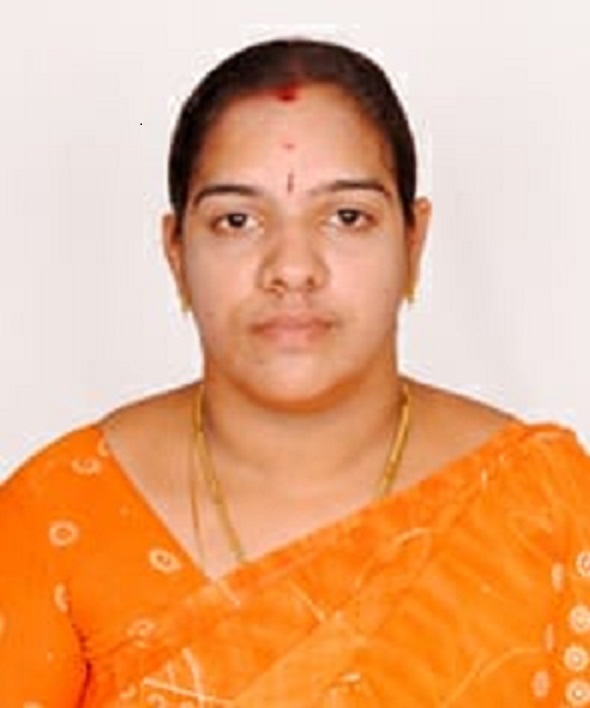 |
| 38 | Mrs.N.Kavitha | Assistant Professor | M.E., (Ph.D) | Deep Learning, Medical Image Processing | 1.8 | 279169 | 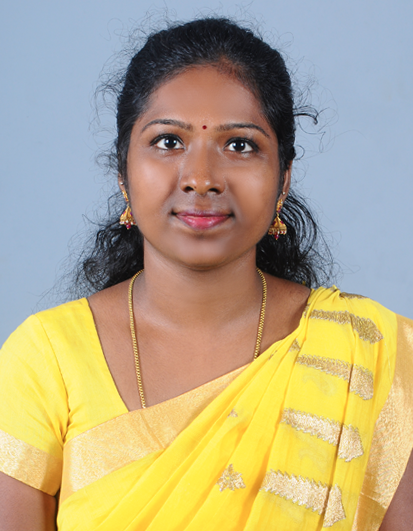 |
| 39 | Mrs V.Bharathi | Assistant Professor | M.E | Image processing, Network security, artificial intelligence and machine learning | 10.5 | 468960 | 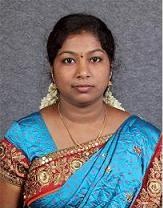 |
| 40 | Dr.KennethSundaraj (Adjunt) | Professor | M.E., Ph.D. | Image Processing, Networks. | - | - | |
| 41 | Mr.SanjeevArumugam (Adjunt) | Assistant Professor | M.E. | Internet of Things | - | - | |
| 42 | Dr.RM.Manikandan (Adjunt) | Associate Professor | M.E., Ph.D. | Computer Networks | - | - | |
| 43 | Mr.Aswinkumar KC (Adjunt) | Assistant Professor | M.Tech. | Internet of Things | - | - | |
| 44 | Mr.Surya S K (Adjunt) | Assistant Professor | M.E. | Internet of Things | - | - |
 CHAT WITH A STUDENT
CHAT WITH A STUDENT